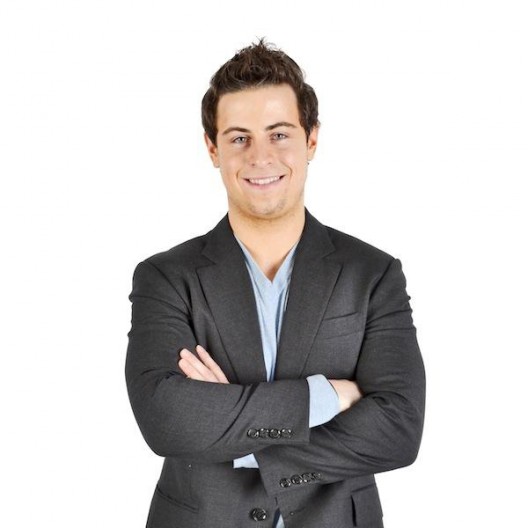At 24, Grant Verstandig is one of the youngest chief executives in the health-tech sector. And he’s only one of the few to achieve a successful exit.
Today, Optum, a group within health-insurance giant UnitedHealth, acquired a majority stake in Verstandig’s startup, Audax Health. It’s not a particularly surprising outcome, given that Verstandig’s vision to make “health care a consumer-focused industry” is in line with most of the major insurance providers.
Verstandig said by phone that the day-to-day operations of the company will not change. He will continue to run Audax alongside chief operating officer David Ko (the former COO of Zynga) and his experienced team of executives.
The terms of the deal have not been disclosed.
According to a release, Optum is a business unit within UnitedHealth that focuses on “making the health system work better for everyone.” Vague marketing jargon aside, insurance providers are under pressure to deliver patient-focused tools that improve price transparency and offer incentives to people who stay healthy. Otherwise, they risk being toppled by upstarts in the digital health sector, like price transparency provider Castlight Health (Castlight recently filed for a monster $2 billion IPO). These days, insurance companies need to offer far more than just insurance, and Optum is UnitedHealth’s technology-focused side of the business.
Washington D.C.-based Audax works with insurance companies (like Cigna) to help consumers devise online health plans. Patients earn points and rewards for eating well and exercising regularly. Its flagship product is the Zensey website, which combines gamification tactics, social networking, and secure medical data sharing.
A patient who walks several miles a day (and can demonstrate that on a Fitbit or other fitness tracking device) can check into Audax and receive a lower premium. “We are inherently not inside the system,” said Verstandig, who explicitly refers to Audax as a technology company rather than a health care venture. “We are disrupting the system so better actions will be linked to tangible rewards,” he explained.
Rock Health chief strategy officer Malay Gandhi said insurance providers have been grappling for years with keeping patients engaged in their health. “The issue has consistently been usage — whether it’s a personal health record, medication adherence app, or a doctor selection tool, the utilization is extraordinarily low relative to the investment,” he explained in an email. Meanwhile, Audax claims it can keep a consumer engaged in their health for even as little as five minutes a day, making it a strategic acquisition prospect.
Verstandig dropped out of college to start Audax. He told Forbes that his frustrations about health care stemmed from a serious knee injury. Verstandig said he couldn’t find sufficient information online so he decided to start a company in the space. It wasn’t until he met with former Apple chief executive John Sculley that he settled on the idea for Audax.
Audax Health’s messaging is aligned with the goals of the Affordable Care Act. In the wake of health care reform, insurers are looking for ways to keep their patients healthier for longer so that they won’t need to shell out for expensive emergency procedures. According to Verstandig, Audax has also proven useful for patients with chronic conditions, who insurers can no longer deny for coverage under the terms of the ACA.
Audax has raised over $55 million in funding to date from individual backers and a slew of venture capital firms.


